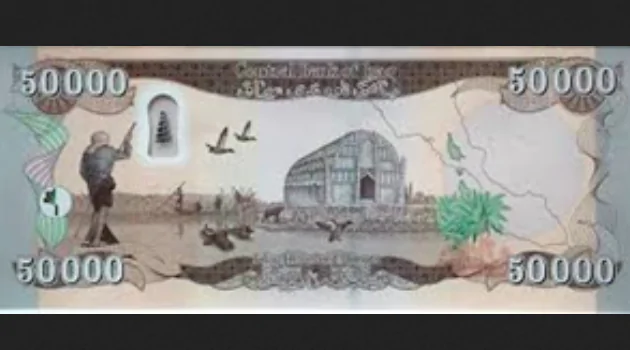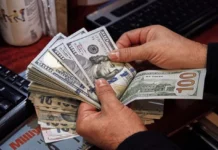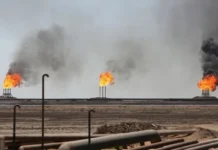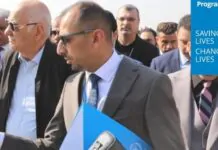Q: Following your latest article on the Dinar Revaluation (RV) and Israeli Airstrikes on Iran, the state of affairs within the region has advanced. what is your current assessment because it pertains to the dinar (IQD)?
A: It has now been weeks because the initial Israeli airstrikes on Iran, and the situation has continued to adapt. whilst a US-brokered ceasefire changed into announced on twenty third June, following a 12-day battle that saw exchanges of missile and drone attacks, the wider implications for Iraq and the Iraqi Dinar’s potential revaluation stay complex and in large part negative.
here’s a observe-up based totally at the contemporary traits:
Lingering Instability and Uncertainty
despite the ceasefire, the underlying tensions among Israel and Iran persist, and this persisted local instability is a enormous factor for Iraq. even as Iraq itself largely averted direct involvement within the latest fighting, its geographic proximity approach it stays rather susceptible to any fallout.
Political and safety worries: The war highlighted the capability for regional strength struggles to spill into Iraq, impacting its already fragile home balance. There were reports of persevered efforts to manage the affect of Iran-aligned Iraqi corporations, and the risk of renewed hostilities concerning these companies stays.
economic Vulnerability: Iraq’s economic system, closely reliant on oil exports, is especially susceptible. while there was a brief-time period upward thrust in oil expenses at some point of the battle, which generated some extra sales, this was largely offset by using multiplied import fees because of disruptions in maritime coverage markets, worldwide fee fluctuations, better transport expenses, and a decline in air transport and spiritual tourism. An Iraqi authorities adviser defined the war’s effect as a “double-edged surprise,” leaving the Iraqi economic system in a kingdom of “impartial uncertainty.”
Dinar below strain
The Iraqi Dinar has endured to face headwinds, in large part because of the pervasive uncertainty and ongoing monetary challenges.
Dollarisation and Parallel market: The accelerated regional anxiety has reinforced the call for for the us greenback as a safe haven. whilst the reputable principal financial institution of Iraq (CBI) price stays strong at 1,320 IQD to $1, the parallel marketplace has seen fluctuations. recent reviews suggest that USD/IQD alternate costs have edged lower in Baghdad and Erbil, with promoting prices for $a hundred starting from 141,750 IQD to 142,250 IQD, nonetheless appreciably above the reputable fee. This persistent hole is a clean indicator of market stress and a loss of self assurance inside the Dinar.
Smuggling issues: the issue of dollar smuggling to Iran, aimed toward circumventing US sanctions, maintains to plague Iraq’s economic machine. This illicit drift of forex similarly limits the CBI’s potential to correctly manipulate the Dinar’s price and construct confidence for a revaluation.
Budgetary challenges: Iraq is dealing with great economic lines, with the 2025 federal finances not going to be submitted to Parliament each time quickly. This postpone is attributed to “intense monetary deficits, unstable revenue streams, the absence of a coherent monetary vision, and the looming legislative elections.” A parliamentary finance committee member noted a budget deficit of almost eighty trillion IQD (about $61 billion), which places huge pressure on authorities spending and the overall monetary outlook. Delays inside the finances can immediately impact public salaries and infrastructure tasks, further dampening financial sentiment.
Outlook for Revaluation
Given those ongoing developments, the chance of an Iraqi Dinar revaluation inside the near destiny seems fantastically incredible. The confluence of factors which include:
persisted nearby instability and ability for escalation.
continual call for for the us dollar and challenges within the parallel marketplace.
Ongoing troubles with greenback smuggling and US sanctions.
enormous internal budgetary deficits and political uncertainty inside Iraq.
all contribute to an environment that is not conducive to a revaluation. whilst Iraq’s widespread oil reserves are a long-term asset, the immediately economic and geopolitical panorama offers too many hurdles. The Iraqi government’s attention is currently on managing the existing economic demanding situations and navigating the complex local dynamics, instead of pursuing a revaluation.





